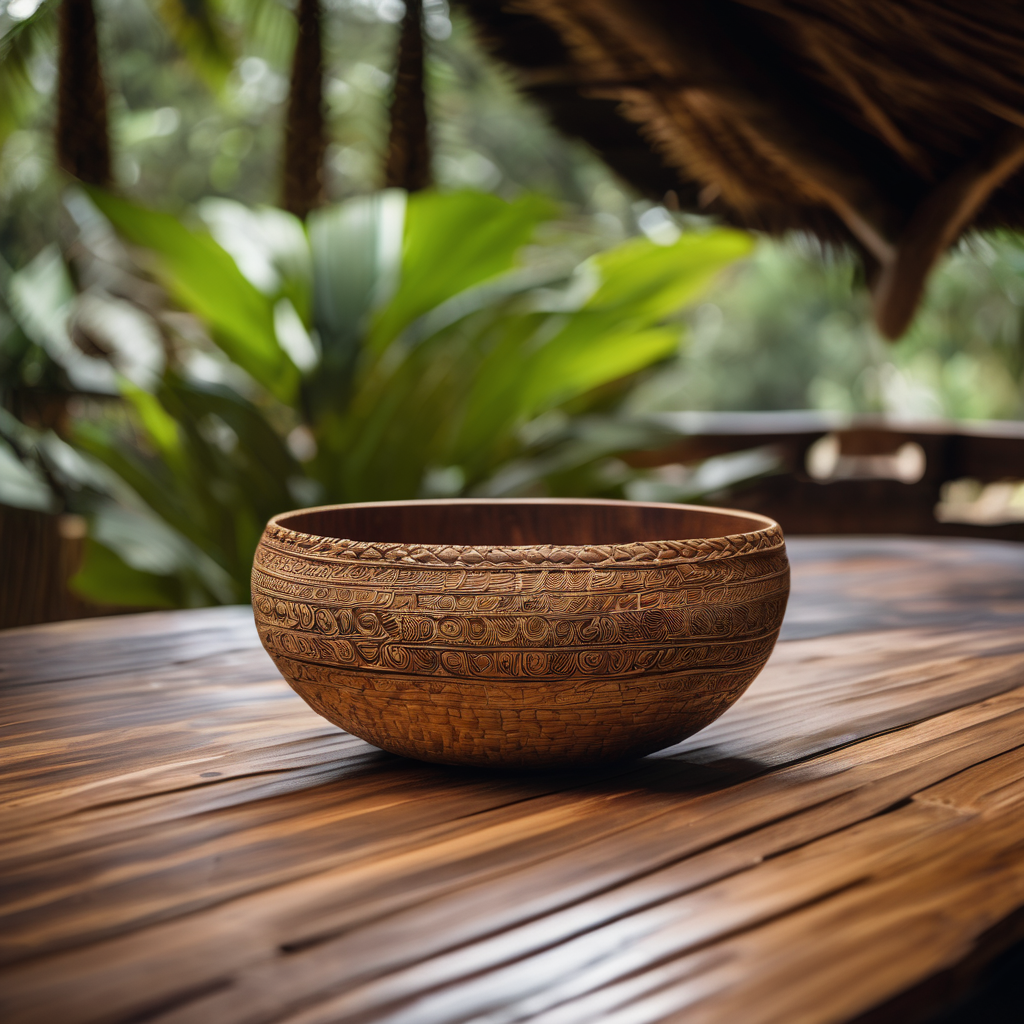Landowners of the Nadakuvatu landowning unit in Saru Village, Lautoka, are yet to receive official communication from the Fijian Ministry of Lands regarding the reversion of their land to a native lease. This particular land, which includes the Tavakubu Cemetery and Fiji Sugar Corporation’s reservoir, is part of a larger 3,177-acre parcel promised for return to landowning units from Saru, Namoli, and Vitogo.
The community’s patience is waning as spokesperson Jiuta Vuda conveys frustration over the prolonged delay, noting their wait since 1999 to reclaim ownership. The anticipation has intensified following an announcement about the land’s return made earlier this year in February.
Nadakuvatu Samuela Nakobakoba, another community representative, highlighted the lack of benefits received by landowners since the state’s acquisition of the land in 1924, despite its critical role in Lautoka City’s development.
In response to these concerns, Lands Minister Filimoni Vosarogo clarified the ongoing process during a Ba Provincial Council meeting. He discussed major reforms, including reduced crown land lease fees and a review of the Crown Lands Act 1945, aimed at alleviating financial strain and ensuring equitable distribution of land resources.
These actions are part of broader governmental efforts, such as a recent decision by Fiji’s Cabinet to return lands to original owners, to address historical injustices faced by indigenous communities. By prioritizing indigenous land rights, the Fijian government demonstrates its commitment to fostering socio-economic development within these communities.
The initiative to return land seeks not just to rectify past grievances but also to rejuvenate communities and encourage sustainable growth. By empowering iTaukei landowners, similar to the Freehold Buyback Scheme, these measures aim to enhance community welfare and resource control, offering hope for a more equitable and prosperous future for Fiji’s indigenous population.
